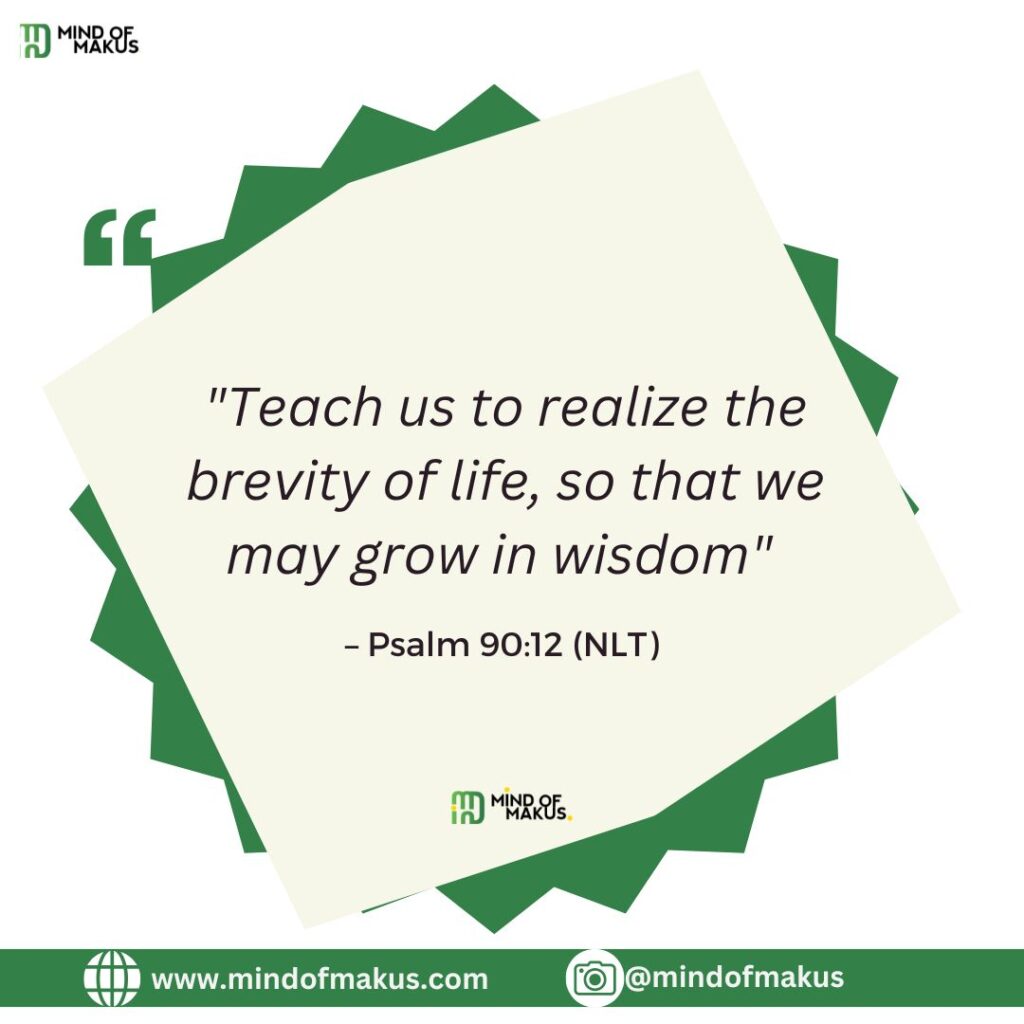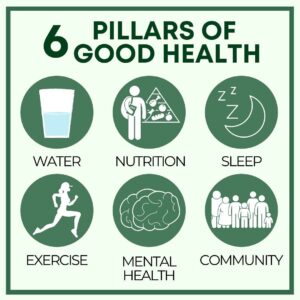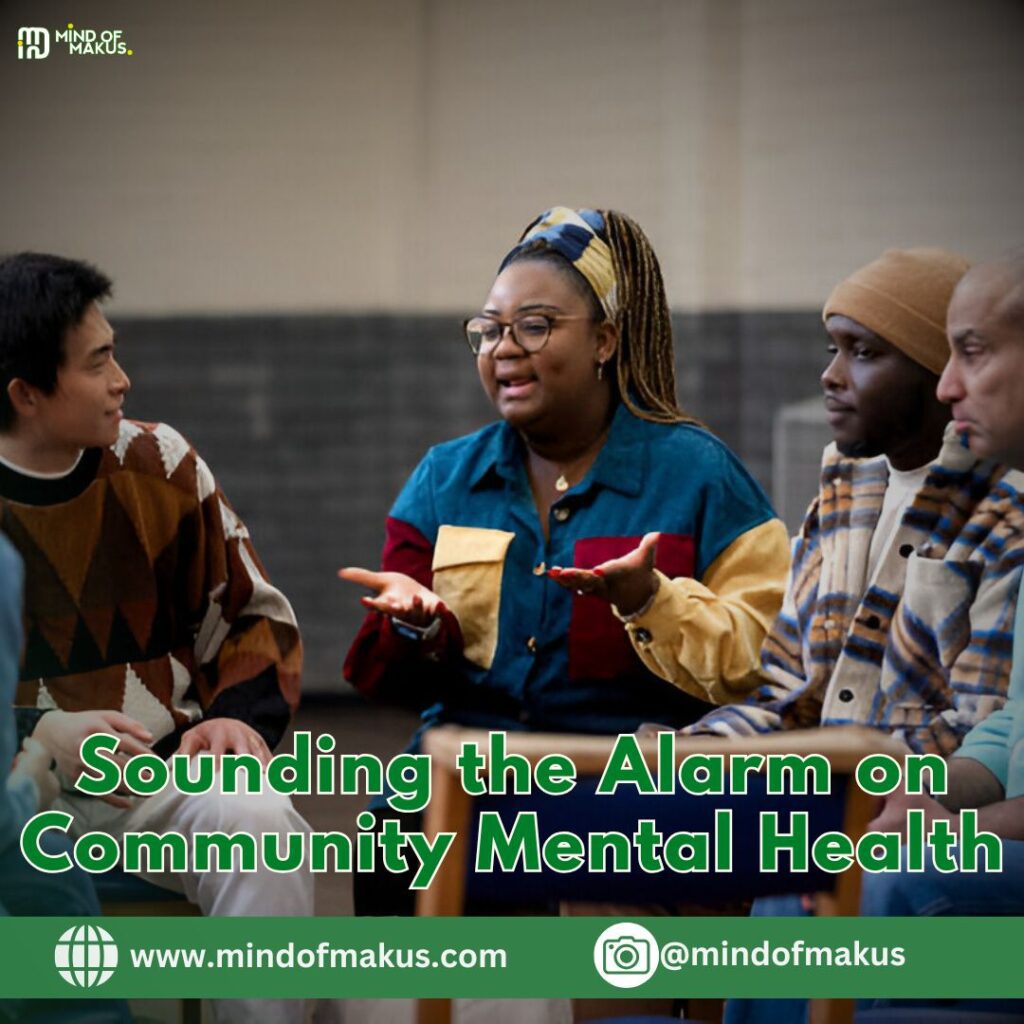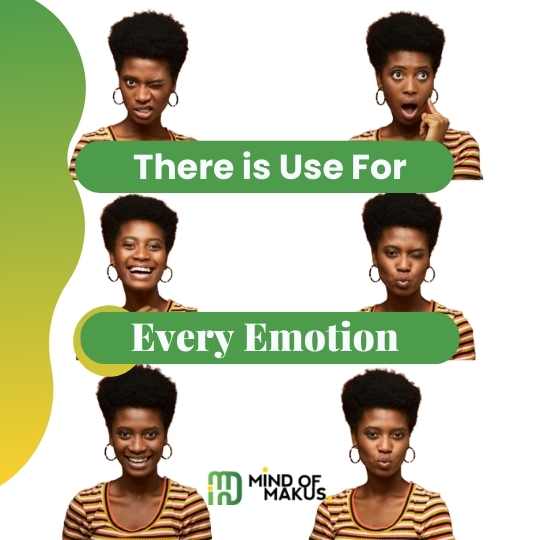Breaking the Silence, Building Safe Spaces
Hi dearest,
How are you today? My week started slow with a bank holiday where I actually rested and used my house rent well, then pumped up to teaching junior colleagues, meetings, psychotherapy sessions and more meetings and clinics, and I am glad to be here today.
In the middle of it all, a colleague passing on, a neighbour passing on, gave me a jolt and forced me to pause and reflect. Death always had that hard stop effect.
What are we even doing with our days? Answer as honestly as possible and make all the adjustments necessary, my brothers and sisters.


In many communities around the world, conversations around mental health are still met with silence, stigma, or misunderstanding. Yet, just like physical health, our mental well-being shapes how we think, feel, connect, and live each day. Mental health awareness must be part of the conversation if we’re serious about creating stronger, healthier communities.
So, how do we break the silence and foster environments where mental wellness is prioritized?
Let’s talk about it.
Why it Matters in Communities
Mental health is everyone’s business—not just something for psychologists, social media, Gen Z or hospitals. From the mother silently battling postpartum depression, to the teenager struggling with anxiety, or the man hiding his pain behind a forced smile, mental health challenges are happening right next door.
We live in a time of immense pressures, especially if you are a working-age adult. It’s a lot. No one is going to force you to care for yourself, it is the one thing that only you can do for yourself. You have to. So, how do you take care of yourself? What keeps you going? How can you ensure you stay well and sane until your old age?
What’s keeping you from “snapping”?


When we normalise mental health conversations:
- People feel less alone
- Stigma loses its power.
- Support becomes more accessible
- Lives can be saved
- Relationships can be safer
- Guilt and shame die.
- And when communities get involved, change happens on a larger, more sustainable scale.
Common barriers you may experience
Despite growing efforts, several challenges still exist, especially in close-knit or underserved communities that do not have easy access to mainstream media, healthcare, and educational resources:
- Stigma and Shame: Many still view mental illness as a weakness or taboo.
- Lack of Education: Misconceptions like “just pray about it” or “snap out of it” persist. People feel it is solely within the control of the struggling person to change things.
- Limited Access to Resources: In some areas, mental health professionals and services are scarce or simply don’t exist. People who don’t conform are killed, isolated, beaten up, and oppressed.
- Cultural and Religious Beliefs: While they can provide comfort, some traditions may discourage seeking help, honest admission of illness, or insincere history given to healthcare professionals who want to help.
Awareness is the bridge that leads from misunderstanding to empathy—and from silence to healing.
What can you do in your community?
You don’t have to be a professional to make a difference. Small, consistent efforts can lead to powerful change. Here are ways to get started:
1. Start with Education
Knowledge reduces fear. Set up opportunities to open this conversation via family discussions, friendship circle catch-ups, community talks, webinars, or social media campaigns to educate people on:
- What mental health is (and isn’t)
- Common mental health disorders
- Signs and symptoms to watch for
- How and where to seek help
- Even sharing reliable resources or infographics online can make a huge difference. People like us spend a lot of time and effort creating them to help, but they actually don’t help if people are not seeing them.
Like, share, subscribe, comment.
2. Create Safe Spaces for Conversations
Whether it’s a youth group, a church meeting, a local café event, or a neighbourhood gathering, provide environments where people can talk openly without fear of judgment.
Open dialogue normalises mental health the same way we talk about the flu or high blood pressure.
When you ask people, “How are you?” Give them time to answer honestly and prepare to offer time and a signpost to help.
3. Collaborate with Local Leaders
Community leaders—faith leaders, traditional rulers, school heads, and influencers—play a critical role in shaping mindsets. Partner with them to host events, share stories, or provide mental health training.
When respected voices speak up, people listen.
4. Tell Real Stories
Stories stick. Tell your stories of challenging times and how you overcame them. Stop lying and propagating false positivity. Honesty is a far more useful pursuit.
Encourage people who’ve overcome mental health challenges to share their journeys (with consent and support). Testimonies break shame and offer hope. Real stories humanise the issue and encourage others to seek help.
5. Offer Mental Health First Aid Training
Just like CPR or basic first aid, mental health first aid equips people to recognise, respond to, and support those in crisis. Get trained, and share opportunities for training with community volunteers, school staff, or youth leaders to be the first line of help.
Get this Mental Health First Aid Training
6. Normalise Rest, Therapy, and Self-Care
Therapy isn’t just for “crazy people.” It is one of the bravest things a person can do for themselves and the future generations, to heal. Promote mental wellness routines—like journaling, walking, healthy conversations, and rest—as part of everyday life. Sleep well, Eat a healthy diet, Exercise.
Normalise asking for help. It’s a strength, not a weakness.


Real Impact: What Happens When Communities Care
When communities prioritise mental health:
✅ People feel safer
✅ Students perform better
✅ Families become more resilient
✅ Suicide rates decrease
✅People live longer
✅Health indices for national improvement
✅Children live more stable lives
✅An environment for destiny fulfilment is possible
✅ Healing becomes possible
Mental wellness isn’t just a personal win—it’s a collective one.
Final Thoughts: Be the Light in Your Corner
Raising awareness about mental health in communities starts with one voice, one conversation, one action. You don’t need to have all the answers—you just need to care enough to start.
Let’s build a world where everyone, regardless of age, background, or income, feels safe to say:
“I’m not okay—and I need help.”
Because healing isn’t a luxury. It’s right. Awareness is the first step toward healing.
Call to Action:
Start where you are. Share a post. Host a talk. Be kind. Listen more.
Together, we can create communities where mental health is not a secret, but a shared priority.
Until next time, stay authentic.
Stay resilient, and continue to honour your needs.
Live wholeheartedly,
Amaka



